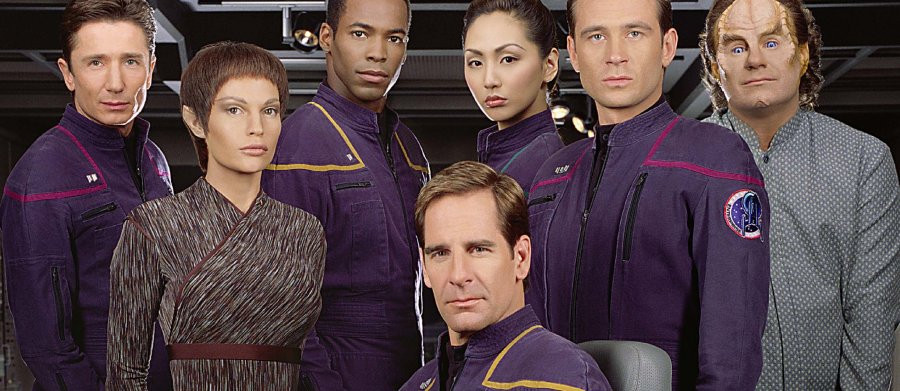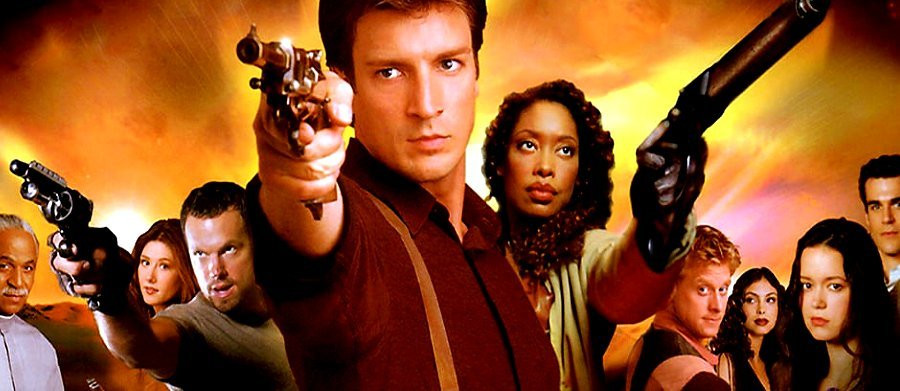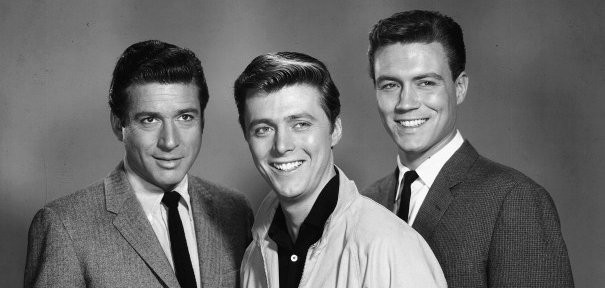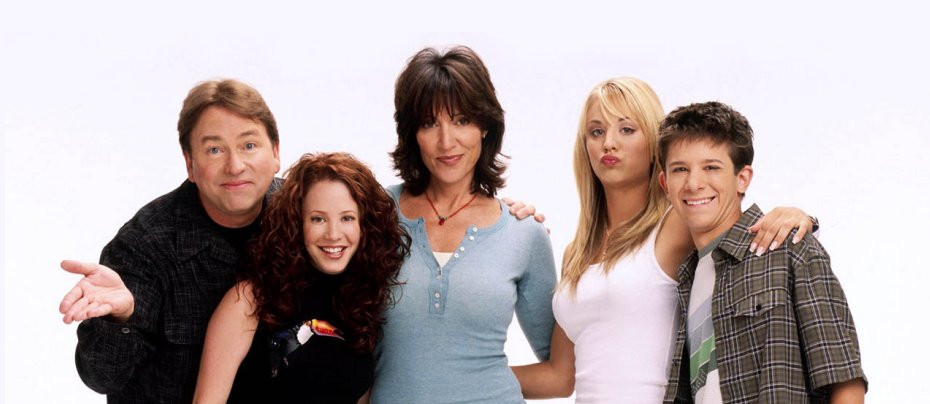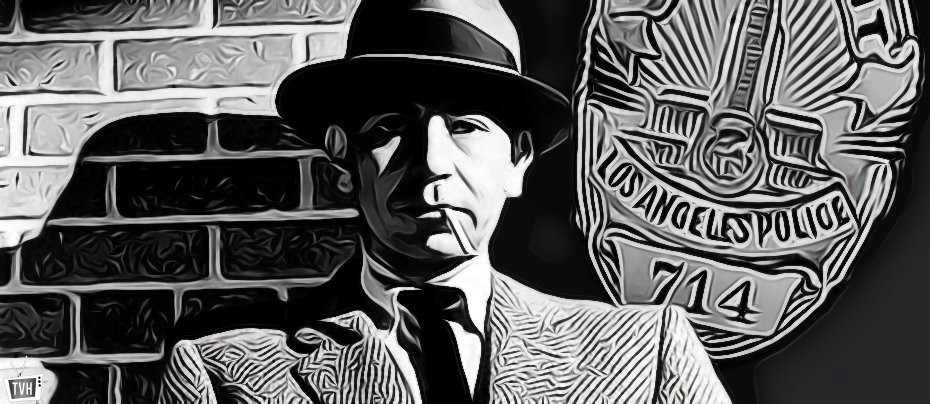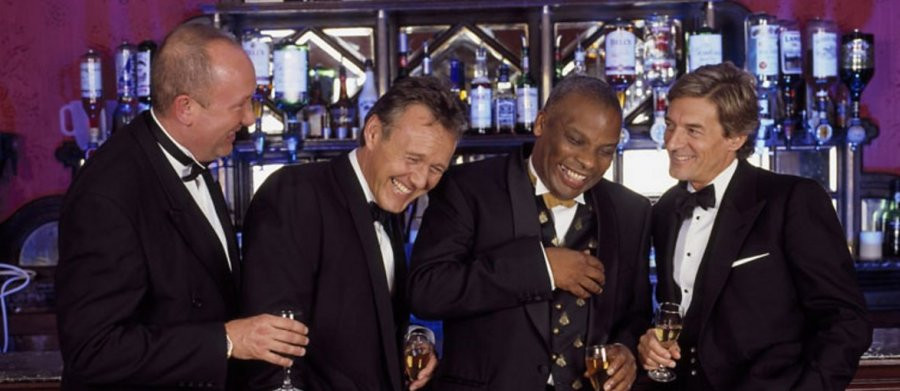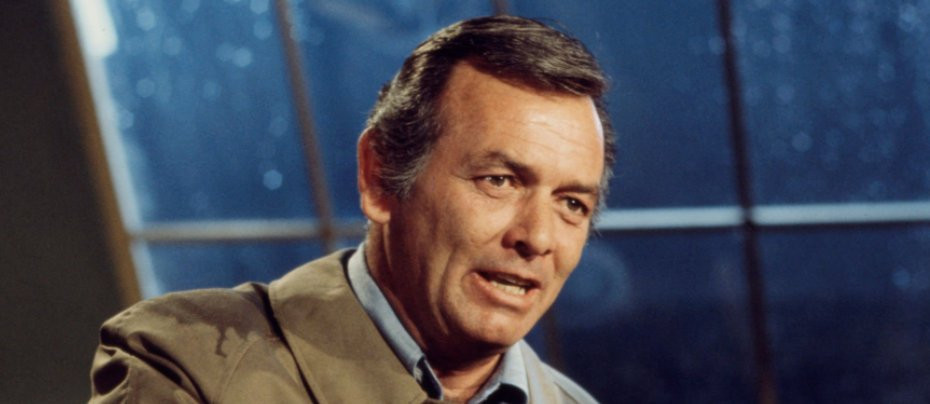
The Shield
2002 - United StatesReview: John Winterson Richards
Although the notion of the "cop who doesn't play by the rules" is a well loved cliché, police procedurals always steered clear of taking it to its logical conclusion, openly corrupt policemen as protagonists.
Two things happened around the turn of the Millennium that changed that and opened the way to make The Shield. The first was the success of The Sopranos, which demonstrated how even the most unsympathetic characters could be compelling protagonists in a long running series if they were well written and well played.
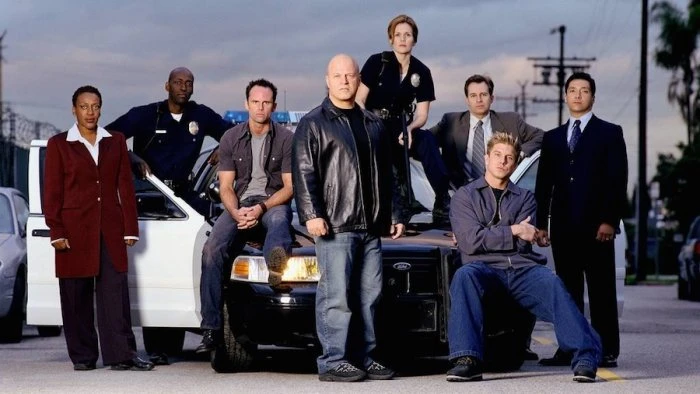
The second was a real life "blue on blue" shooting in 1997, a road rage incident in which an undercover detective killed another policeman, leading to an investigation of the Rampart Division of the Los Angeles Police Department. What was revealed was not just the odd "rotten apple" but an established culture of perjury, theft and planting of evidence, and excessive use of force in the elite anti-gang CRASH programme ("Community Resources Against Street Hoodlums" - honestly). Seventy officers were investigated and twelve of them lost their jobs.
Despite the evidence of widespread wrongdoing, only a handful of those former policemen ended up doing any prison time, and that not very much. The combination of administrative inertia, politics, policemen and officials closing ranks, plea bargaining, and the complexity of the legal system ensured there was little in the way of accountability. The Chief of Police who lost his job over the scandal was promptly elected to the City Council. Meanwhile the undercover officer whose justified self defence started the whole investigation found himself the object of numerous investigations, and an attempt by another officer to frame him, until he was himself dismissed - wrongfully as it turned out: although the City of Los Angeles never admitted fault, he was one of many who were granted substantial compensation.
While the LAPD had always enjoyed the reputation of being a tough, even brutal organisation, the endemic corruption revealed by the Rampart investigation, and the inadequate response of the whole political and legal system, shocked even cynical LA. Since LA includes Hollywood, this local police scandal found its way into global popular culture: it is referenced directly in film, most notably in Denzel Washington's unforgettable Oscar-winning performance in 'Training Day,' and on television, most notably in 'The Shield.'
In some respects, 'The Shield' actually pulls its punches. It does not touch on the aspect of the Rampart scandal that revealed some of the CRASH officers moonlighting as bodyguards for the music industry, giving them access to the high life and promoting rumours of their being implicated in the murders of famous "rap" performers.
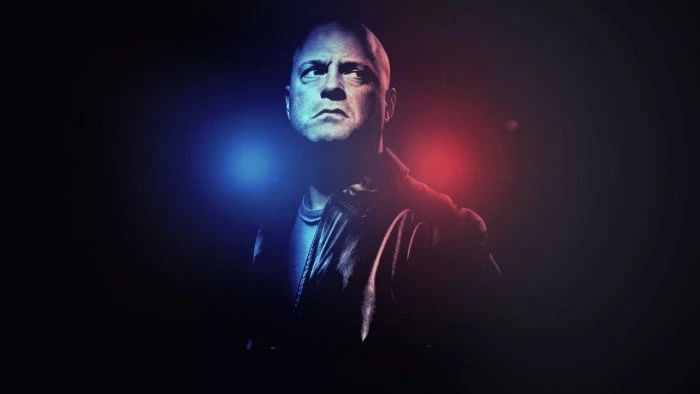
Vic Mackey, the "hero" of 'The Shield,' by contrast, has a mundane middle class existence. He considers himself to be a good cop, a good friend, and a good father - and in most respects, he is. Indeed, his duties as a father are his excuse for supplementing his meagre police salary with the proceeds of crime. Two of his children have special needs and he wants nothing but the best for them. He reasons that his only victims are criminals - but of course things get more complicated.
He commands the Strike Team, which enjoys a high degree of autonomy (as CRASH did), at the fictional Farmington station. Mackey and his men have the reputation of getting the job done (again, as CRASH did), so their superiors are usually content to leave the more unpleasant side of police work to their discretion, and ask few questions so long as they make their arrest statistics look good.
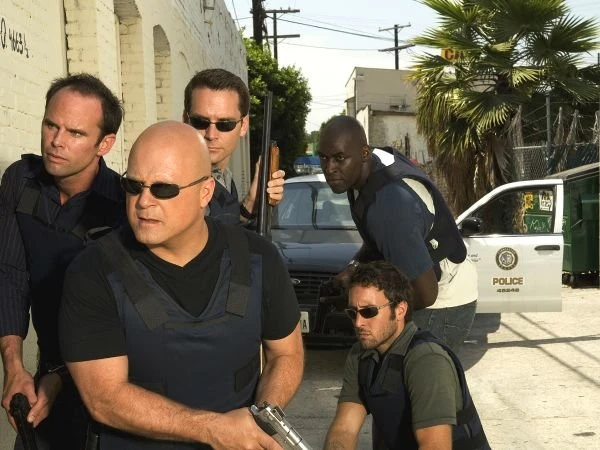
Mackey is a natural leader and, to all appearances, exactly the sort of policeman an honest citizen would want standing between him and LA's notorious gangs. He is a hard looking man, compact, energetic, aggressive, and physically strong, but intelligent and capable of moments of human decency - which makes some of the things he does even more shocking: it might have been some mitigation if he was a total psychopath. Actor Michael Chiklis committed totally to the role and delivered a human powerhouse, one of the great television characters of all time.
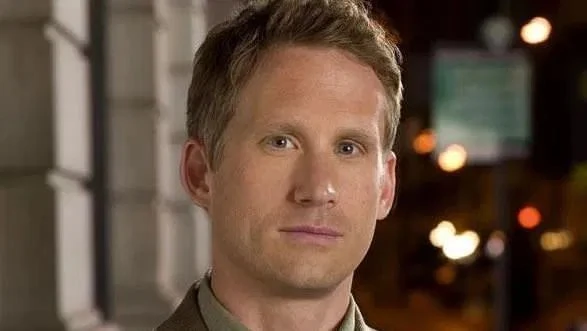
The best known name in the cast at the beginning was, however, not Chiklis but Reed Diamond, who had played Detective Mike Kellerman in Homicide: Life on the Street. Although his character was a member of the Strike Team, he had a significant secret, and we knew what to expect from the actor who gave us Mike Kellerman... Er, no. It turns that we did not expect what happened, not at all.
It was the first declaration that this was a show determined to be different.
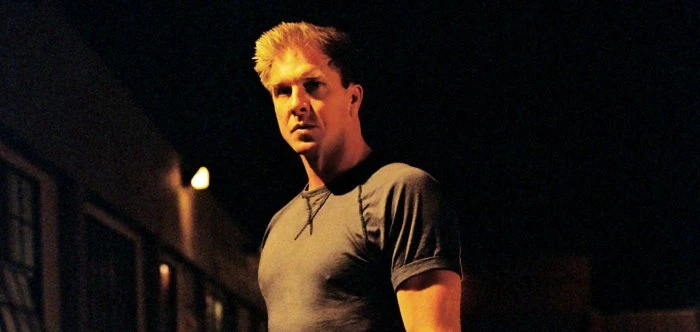
The rest of the Strike Team consists of the loyal, perhaps too loyal, Lem (Kenny Johnson) and Ronnie (David Rees Snell), and the more erratic Shane (Walton Goggins). In many ways, Shane wants to be Mackey, but keeps falling short. It is a great tribute to the talented Goggins, who really broke through in the role, that he often makes us feel sorry for a basically unpleasant man. For all his flaws, or perhaps because of them, Shane is a complete human being.
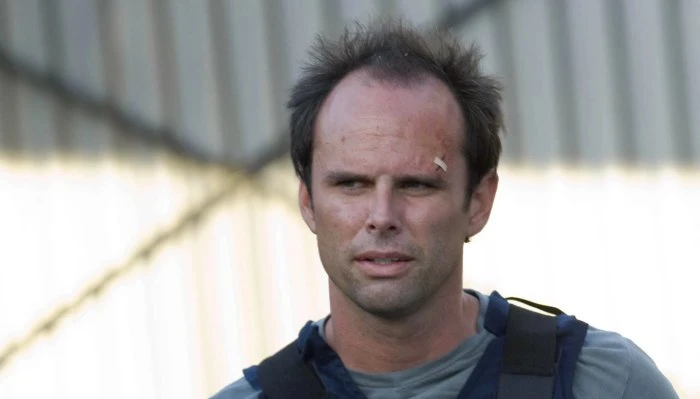
While the focus is very much on Mackey and the Strike Team, they are only part of a multistrand ensemble drama about a frontline police precinct in the modern tradition of Hill Street Blues. The tone is, however, very different. Apart from moments of grim humour, there is very little light relief. The style is realistic to the point of brutal.
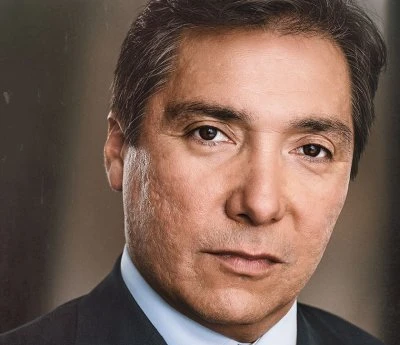
The Captain in charge of "the Farm," David Aceveda (Benito Martinez), is not the usual calm rock of integrity from a racial minority we have come to expect in such roles but a political schemer with his eye on a seat on the City Council - which, like the real life Police Chief, he gets. His successor as Captain really is a rock of integrity, played by Glenn Close, no less, but her genuine passion to get things done makes her powerful enemies. After she is fired, the Acting Captain, played by David Marciano from Due South and the closet thing 'The Shield' has to comic relief, is a lazy, cowardly Detective more interested in making money on the side - there is a good running joke about his interest in the station's vending machines.
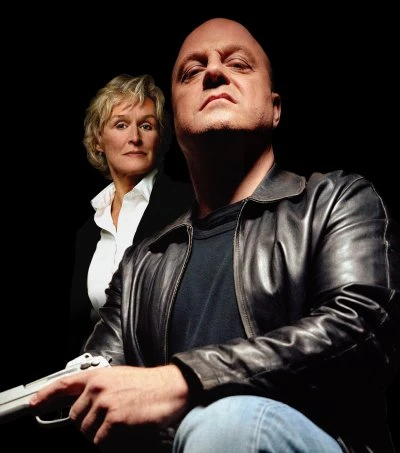
Eventually the Captaincy goes to the person we know should have had it all along, maternal Detective Claudette Wyms, played by the excellent CCH Pounder. Before her elevation she has an enjoyable partnership with Detective Holland "Dutch" Wagenbach (Jay Karnes), a basically honest and very intelligent but gauche younger man.
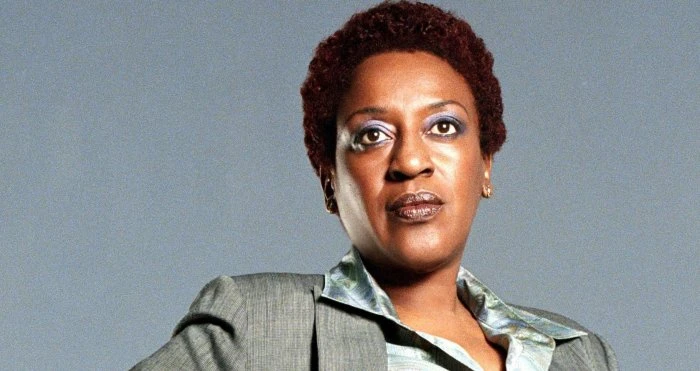
As if Glenn Close was not sufficient Hollywood Royalty for a television show, Forest Whitaker turns up in the fifth season as an Internal Affairs investigator who gets a little too obsessed with taking Mackey down. The ever watchable Gina Torres plays his troubled wife, a weak spot Mackey exploits ruthlessly.
Anthony Anderson is outstanding as a politically savvy ganglord. Others playing gangsters include German actress Franka Potente from 'Run Lola Run,' Anthony Quinn's son Francesco, and Kurt Sutter, who also served as an Executive Producer on 'The Shield' before going on to make the even more morally ambiguous Sons of Anarchy. Michael Pena is a former soldier and apparently a decent cop until he is partnered with Shane when he is drawn deeper into corruption.
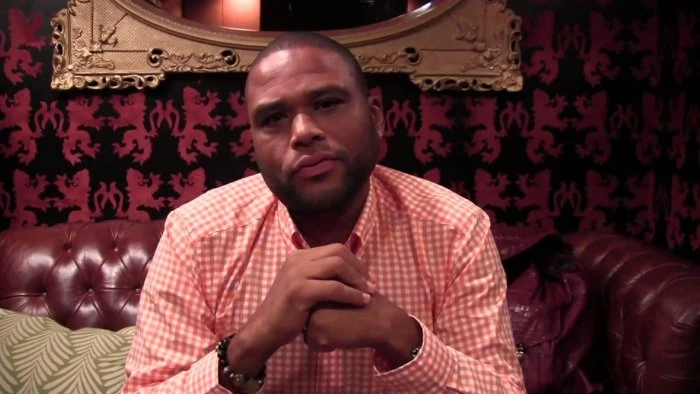
This is the major theme of 'The Shield,' the corrosive effect of moral compromise. Mackey pollutes and betrays everyone who relies on him but convinces himself, at least most of the time, that he is trying to do the right thing. Even characters who really are trying to do the right thing are tainted when they rely on him to do the difficult jobs he handles so well. There is a certain hypocrisy in the way some of the more honest - or, rather, the slightly less compromised - characters plot his downfall at the same time as using him to do their dirty work.
No one is entirely innocent in all this. It is a savage, all too credible indictment of the American system of law and order, in which there appears to be a lot of laws but not much order. No one is in charge, so no one is responsible. Mackey survives only because he is an occasionally useful piece in a never-ending game with ephemeral influence as the prize.
There is clearly never going to be a happy ending here with the good vindicated and the evil punished. That would be untrue to all that has gone before. What we get is predictably downbeat and can hardly be described as satisfying, but it is somehow appropriate.
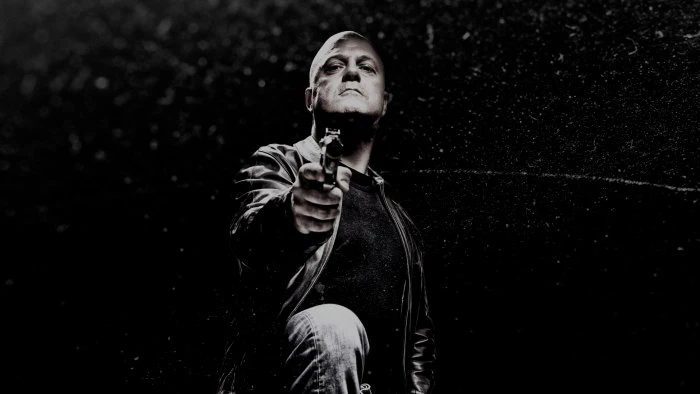
The show has proved very influential - not least internationally, with the likes of the French 'Braquo' copying a great deal - even if few subsequent police procedurals have gone quite as far as 'The Shield' itself in plunging into the depths of corruption. To be honest, it went on a bit too long for its own credibility, with Mackey getting out of one hopeless situation after another. Yet when one compares it with some of the lengthy investigations and legal cases that followed Rampart, one might be reminded that the difference between truth and fiction is that fiction has to make more of an effort to look real.
Seen this show? How do you rate it?
Seen this show? How do you rate it?
Published on September 17th, 2020. Written by John Winterson Richards for Television Heaven.


